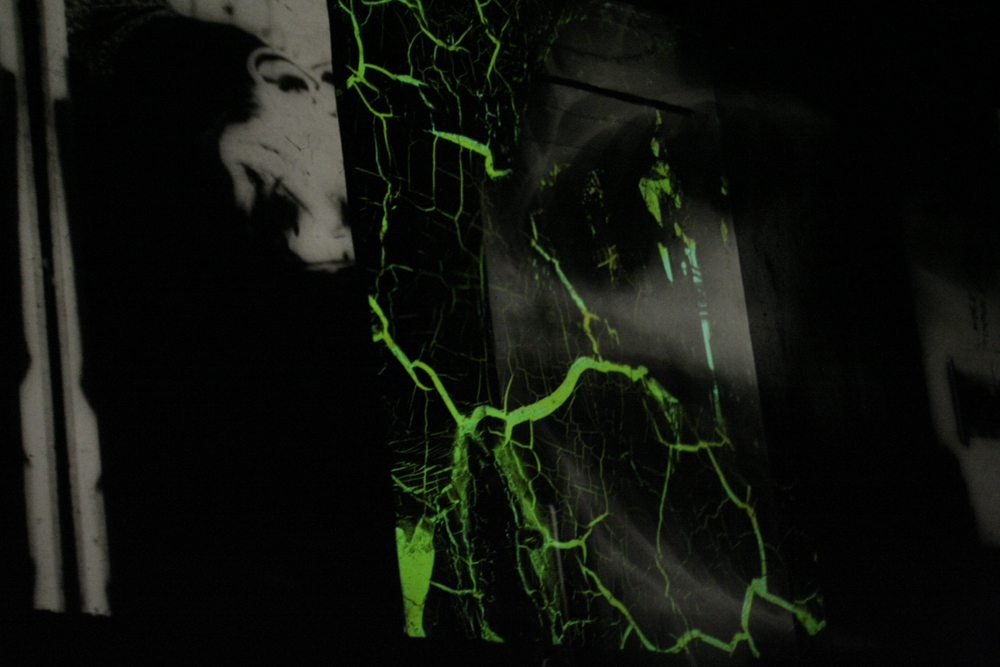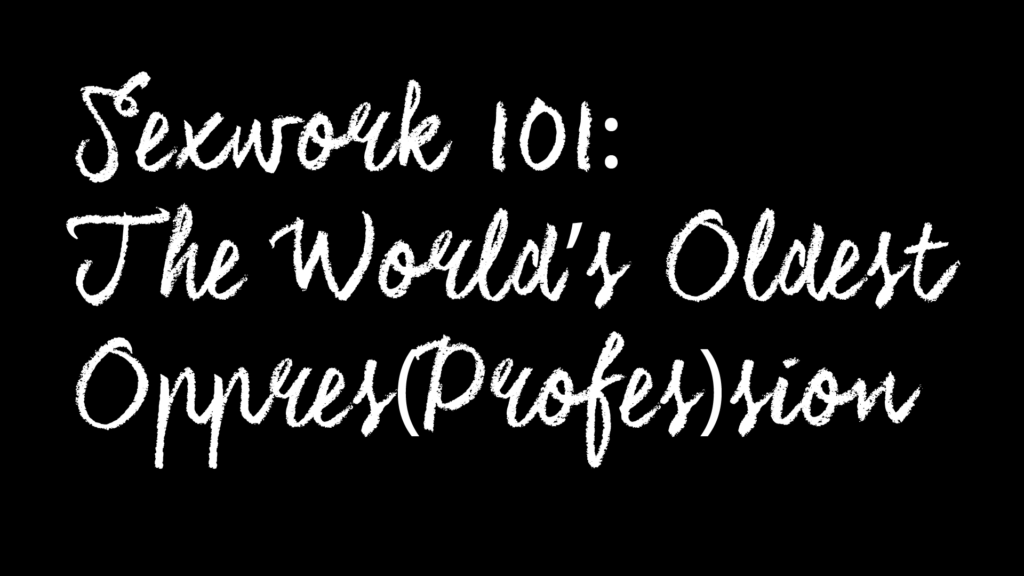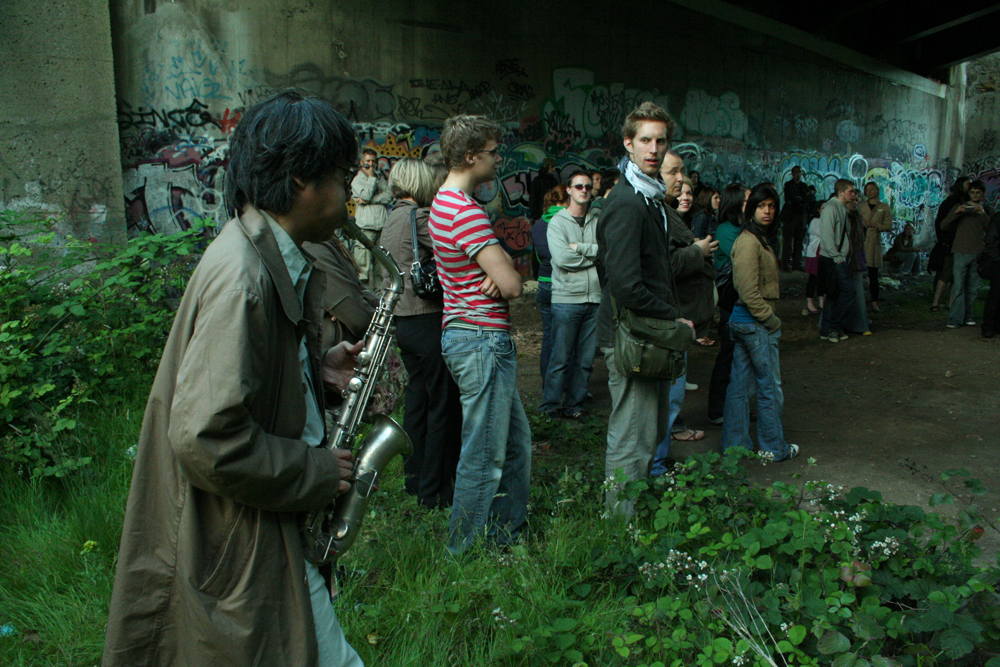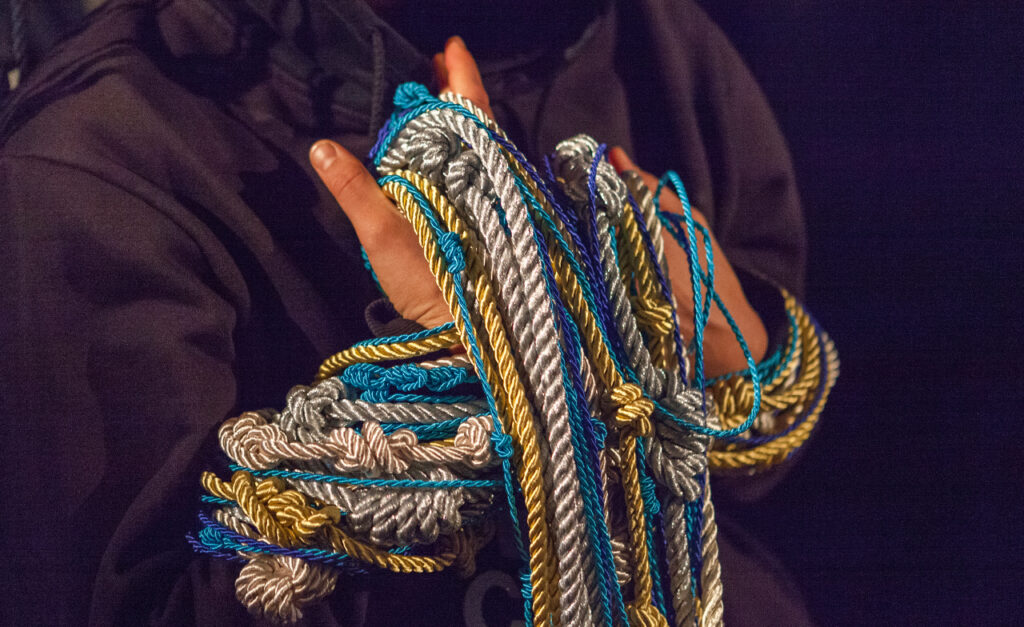
Happy Birthday, Marsha!
adrienne maree brown Black Obsidian Sound System Lola Olufemi Tourmaline
On the birthday of Marsha P. Johnson, this event brings together several elements that celebrate the radical care and kinship characteristic of the Trans revolutionary.













